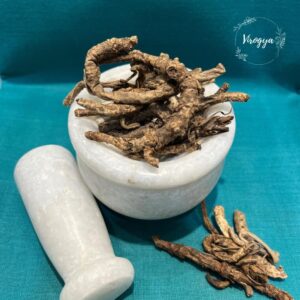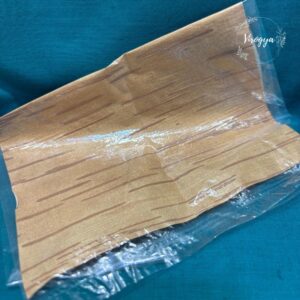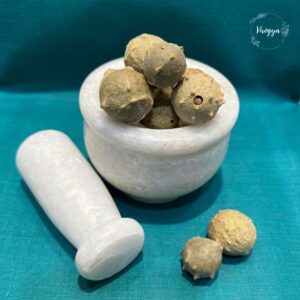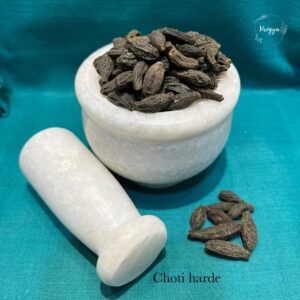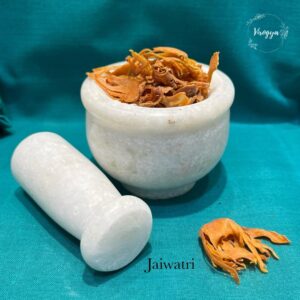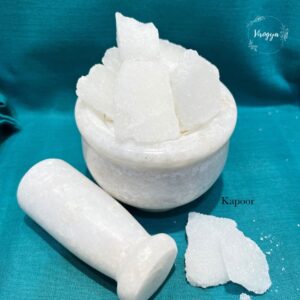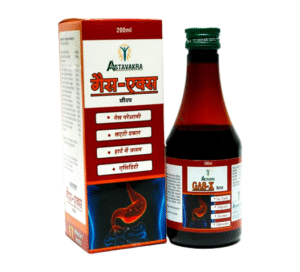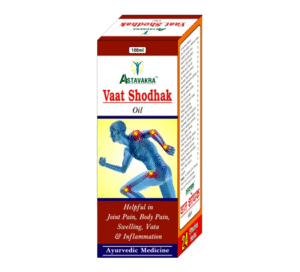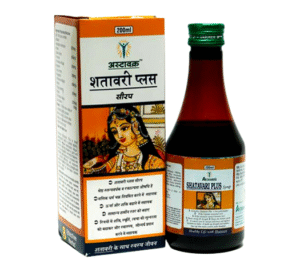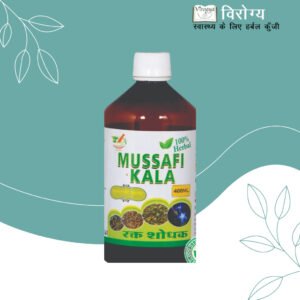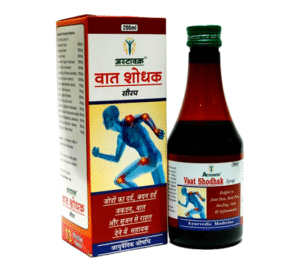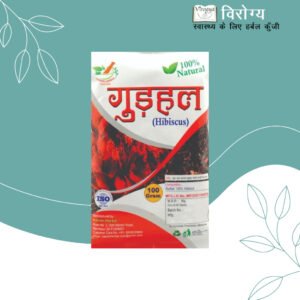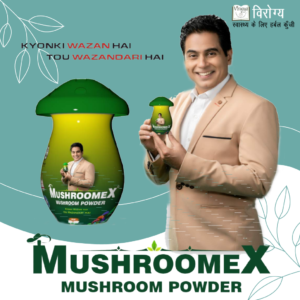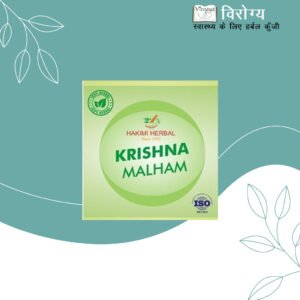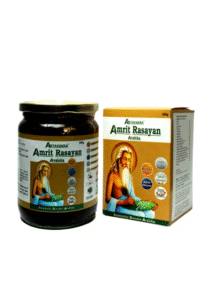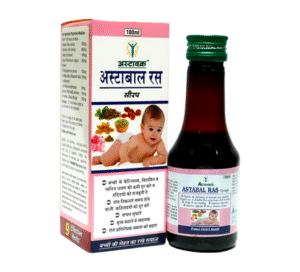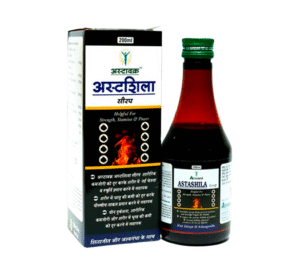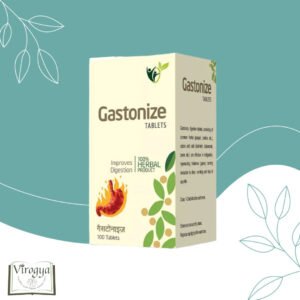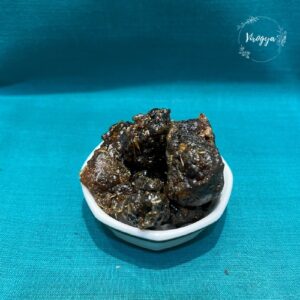Bhesa Guggal
Uses
- Lowers cholesterol and triglycerides.
- Prevents atherosclerosis by reducing LDL oxidation.
- Improves blood circulation and heart function.
- Boosts metabolism and aids in fat reduction.
- Supports thyroid function, which regulates metabolism.
- Treats arthritis, osteoarthritis, and gout by reducing inflammation.
- Strengthens bones and helps in fracture healing.
- Used to treat acne, eczema, and skin disorders.
- Detoxifies the body by improving liver function.
- Acts as a natural analgesic for muscle and joint pain.
- Reduces swelling in conditions like rheumatoid arthritis.
Bhesa Guggal, commonly known as Guggul, is a small, thorny tree or shrub renowned for its medicinal resin. It belongs to the Burseraceae family and is native to the arid and semi-arid regions of India, Pakistan, and parts of Arabia. For centuries, its resin has been a key component in Ayurvedic medicine, valued for its powerful anti-inflammatory, lipid-lowering, and detoxifying properties.
The resin, extracted by making incisions in the bark, hardens into a fragrant, yellowish-brown substance known as “Guggul gum.” This gum contains bioactive compounds called guggulsterones, which are known for their cholesterol-lowering and weight-management benefits. Due to its extensive use in treating heart disease, arthritis, obesity, and skin disorders, Guggul remains one of the most sought-after natural remedies in traditional medicine.
Conclusion
Bhesa Guggal, or Commiphora wightii, is a highly valued medicinal plant with a rich history in Ayurveda and traditional medicine. Its resin, known as Guggul, is widely used for treating cardiovascular diseases, obesity, joint pain, and skin disorders due to its anti-inflammatory, lipid-lowering, and detoxifying properties.
Despite its remarkable health benefits, excessive harvesting and habitat loss have led to its classification as a Critically Endangered species. Sustainable cultivation and conservation efforts are crucial to ensuring its availability for future generations. By promoting responsible harvesting and scientific research, Bhesa Guggal can continue to serve as a powerful natural remedy in holistic medicine.
| Weight | 100GM, 250GM, 500GM |
|---|




